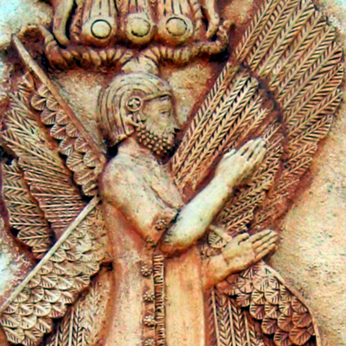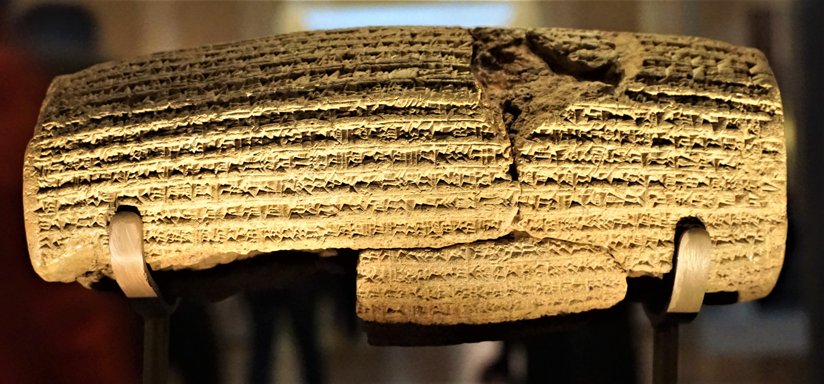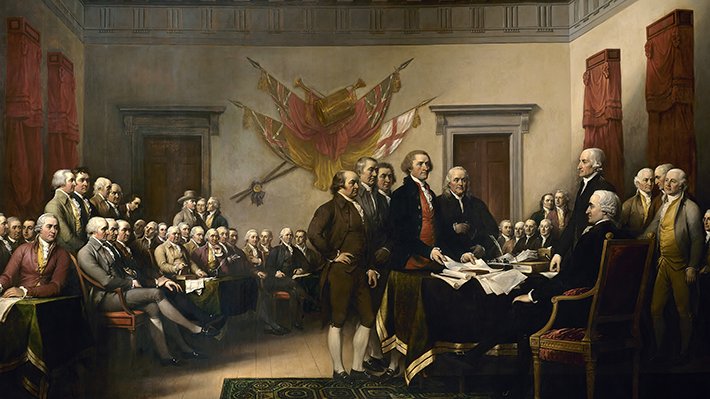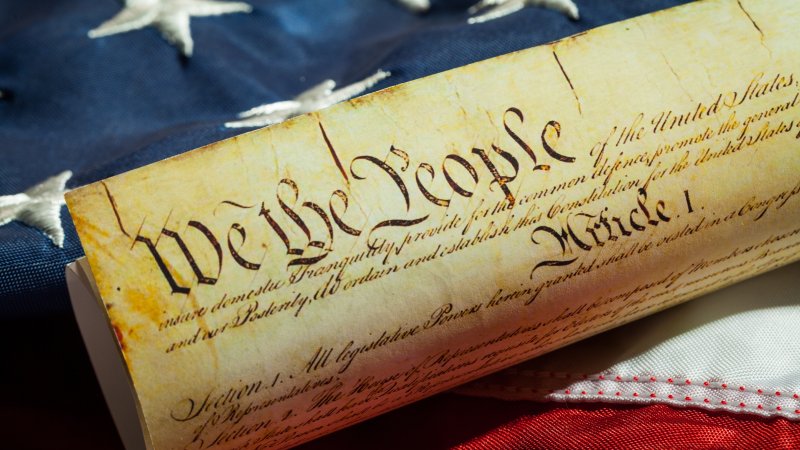
-
HOME
-
WHAT IS STANDOur Mission Our Values Our Help Contact
-
WHAT WE FIGHT FORReligious Freedom Religious Literacy Equality & Human Rights Inclusion & Respect Free Speech Responsible Journalism Corporate Accountability
-
RESOURCESExpert Studies Landmark Decisions White Papers FAQs David Miscavige Religious Freedom Resource Center Freedom of Religion & Human Rights Topic Index Priest-Penitent Privilege Islamophobia
-
HATE MONITORBiased Media Propagandists Hatemongers False Experts Hate Monitor Blog
-
NEWSROOMNews Media Watch Videos Blog
-
TAKE ACTIONCombat Hate & Discrimination Champion Freedom of Religion Demand Accountability
Cyrus the Great and the Roots of Religious Freedom
You’ve probably never heard of Cyrus the Great, but if you admire and enjoy freedom of religion, freedom from slavery, and a country that includes people of all different faiths, races and cultures, you may owe him your thanks.
He lived about 2,600 years ago and built the first Persian Empire—the largest nation then seen on Earth. Like Jefferson, he created a nation that endured hundreds of years beyond his death. Like Madison, he guaranteed freedom of religion and like Lincoln, he freed the slaves.

at Sydney Olympic Park.
Persia was comprised of many nomadic cultures and languages and record-keeping was not a priority. Consequently, much of Cyrus’s legacy has been lost, and historians disagree about many details of his life. But about 150 years after Cyrus’s death, Xenophon, a Greek admirer, wrote a book about leadership entitled Cyropaedia, which extols Cyrus as an example of the ideal ruler. Then, in 1879, a baked clay cylinder was unearthed in ancient Babylon, inscribed in cuneiform script.
The so-called “Cyrus Cylinder” commemorates Cyrus’s reign, including the conquering of Babylon. The former king of Babylon had enslaved many peoples and suppressed their religious beliefs and practices, but Cyrus liberated them and allowed them to return to their homes.
So in a world that seems determined to prove that “power tends to corrupt; absolute power corrupts absolutely,” Cyrus was a new breed of king. He ruled a huge expanse of land, comprised of different nationalities, cultures and faiths, and instead of “homogenizing” toward a single culture—smashing differences and suppressing resistance—he instituted what a director of the British Museum called “a new kind of statecraft” of tolerance and inclusion.
It is time to rekindle those ancient principles of tolerance and benevolence and honor those visionaries who followed Cyrus’s lead.
Cyrus started something big, a revolution that is unsettled to this day. For example, Iran—one of the countries least tolerant of religious diversity—calls Cyrus “Father.” Cyrus is also honored by the Jews as their liberator from captivity in Babylon.
The United States also carries a legacy directly from Cyrus. Thomas Jefferson, the author of the Declaration of Independence and a framer of the Constitution, had two well-marked copies of Cyropaedia in his library, and Benjamin Franklin was also an admirer—evidence of the influence of Cyrus on the Founding Fathers and on our own lives and liberties today.
The Cyrus Cylinder has even been referred to as the first charter of human rights, bearing a striking resemblance to the first four articles of the Universal Declaration of Human Rights, which was ratified in 1948. The declaration was signed by 48 nations.

Cyrus himself was a Zoroastrian, a member of an ancient religion which teaches that human beings are innately free and that religion should guide them to the truth, not force a belief upon them. And yet many countries, some of whom revere Cyrus, have failed to follow his example of leadership and enlightenment. Zoroastrians, Christians and Jews, for example have been persecuted in Iran and, according to a 2017 State Department report, minority religions there “faced the brunt of government and societal discrimination.”
That Cyrus had the power to decree the freedoms he did stems from his absolute authority, but that he chose the route of benevolence is astounding when considered in the context of all the other kings, dictators and despots that have walked the earth. He was a Renaissance Man 1,800 years before the Renaissance, an enlightened man whose influence reaches up to the present day.
Throughout today’s global village, few countries are homogeneous. They are increasingly comprised of different religions, races and cultures, similar to the Persia of Cyrus the Great.
Instead of instituting more government restrictions and social oppression, it is time to rekindle those ancient principles of tolerance and benevolence and honor those visionaries who followed Cyrus’s lead and so gave us the Magna Carta, the Bill of Rights and the Universal Declaration of Human Rights.
A Scientology principle holds that as one puts order in, confusion appears and blows off. The solution is to continue to put in order, and in a time of political and religious conflict, the Universal Declaration of Human Rights represents that order. Perhaps one day, statues of Cyrus may stand in Jerusalem, Tehran, Washington, DC, and hundreds of capitols across the globe as symbols of a new age of enlightened governance that welcomes diversity and builds inclusion.









